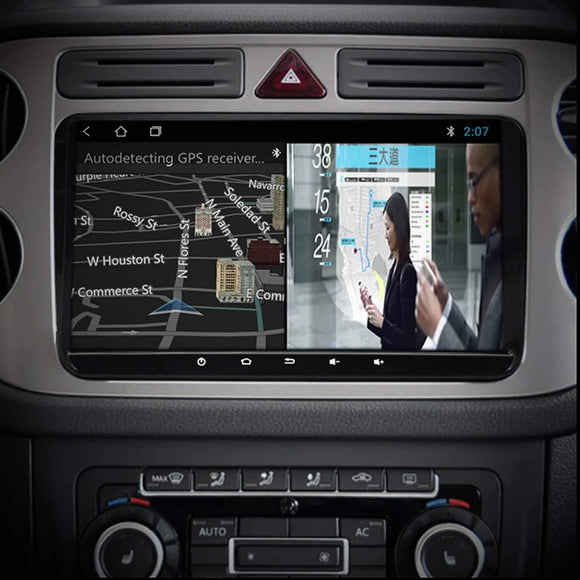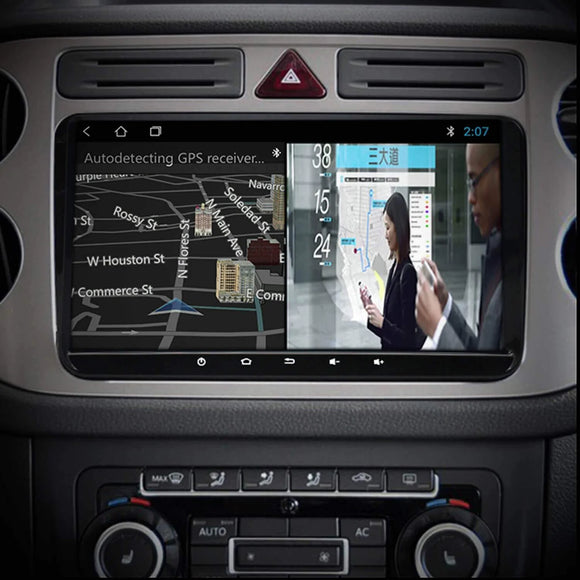
Why is my automobile taking so long to start?
1 comment
Anyone who has felt the frustration, fury, and annoyance of a vehicle that refuses to start when you need it will not accuse you of exaggerating if you say your car takes "forever" to start. The notion is that a car that refuses to start is probably worse than a dog that refuses to respond when called.A number of factors might be causing your car to fail to start on time. The list includes starter problems, fuel system problems, a broken alternator, a failing or dead battery, and faulty connecting cables.
Why is it taking longer for my car to start?
Fuel system problems can have a variety of effects on a vehicle's performance, including the car not starting when you crank it. A blocked gasoline filter, for example, obstructs the usual passage of gas into the engine, resulting in fuel pump failure and filthy injectors. Problems with a vehicle's fuel system can cause rough idling, power loss, and, finally, the vehicle's inability to start.
Battery failure or death
The most common cause of a car taking "forever" to start is a fading or dead battery. A battery tester can help you determine the health of your battery. Weather conditions, as well as operating the vehicle's electronic components when the engine is turned off, might deplete the battery.Even with electrical components such as lights, radios, and other extras, your car may still have trouble starting. This is because these electrical components do not require as much electricity to function as the starter. If your battery is poor, consider using jumper wires to jumpstart it.If jumping fails to do the trick, you might need the services of a qualified automobile technician to check out the starter system’s terminals, cables, and electrical connections.It’s generally safe to jumpstart your car as long as flames and sparks don’t come too close to a battery lacking proper ventilation. Because vapors from car batteries are highly flammable, sparks from jumper cables can cause fires or even an explosion due to sulfuric acid leaking out the vents as vapors.
Faulty Electrical System
A problem in your car’s electrical system may be causing it to take “forever” to start. In this case, it’s common to usually experience this problem in the morning. A qualified automobile technician can diagnose where there is a drain on the electrical system.
Computer or Sensor Issue
If your automobile's computer fails, it might disrupt the timing of the spark plugs, causing the car to take longer to start. A trained automobile mechanic can assist you in ensuring that your vehicle's computer or sensor is functioning properly. The spark plugs and ignition coils can also be examined by the car mechanic.
Incorrect Starter
If you hear a loud clicking, grinding sound, whirring noise, or buzzing noise when you switch on your car's ignition, you may have a starting problem. The buzzing noise explains why the motor does not turn on even when power is applied to the starter.
Weather Situation
Weather factors might contribute to your automobile taking longer to start. Cool temperatures can cause engine oil to thicken. When this happens, your engine will have to work harder to pump oil because the fuel injectors take longer to give enough gasoline to the engine for combustion. A parking garage is the apparent solution to this problem, but you can make do with allowing your car a little extra time to get underway each day.
In conclusion
If you notice that your car is taking longer and longer to start, you should narrow down the possible issues to problems in the fuel pump system, bad battery, starter problems, or weather conditions. Hopefully, it won’t be the end of the world, and your car won’t take forever to start.



Comentarios (1)
Muchas gracias. ?Como puedo iniciar sesion?